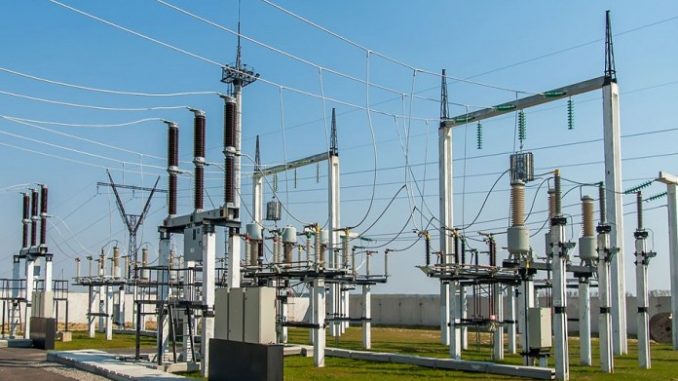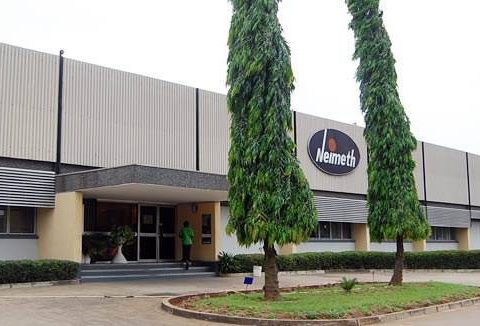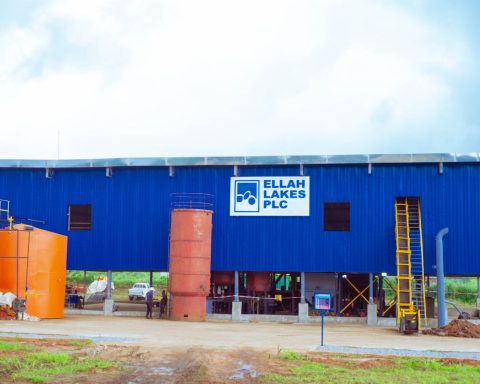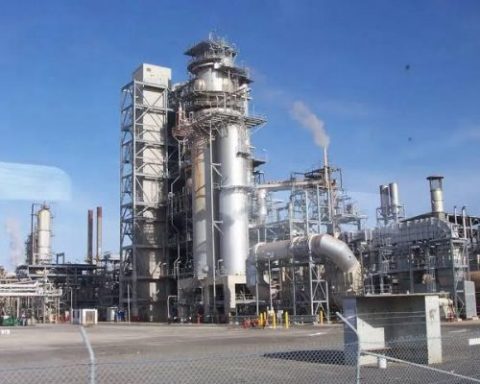Owing to the absence of cost-reflective tariffs across all electricity distribution companies (DisCos) in the country, the federal government has paid a total of N171.25 billion in the first six months of 2023 to subsidise the cost of electricity for Nigerians.
READ ALSO: Nigeria @63: Power Sector Woes Continue To Stagnate Industrial Growth
Join our WhatsApp ChannelThis was disclosed by the Nigerian Electricity Regulatory Commission (NERC), detailing that the government incurred subsidy payment of N36.02 billion in the first quarter (Q1) and N135.23 billion in the second quarter (Q2). It stated that the increase in Q2 is attributable to federal government’s policy of harmonising the exchange rates.
NERC further disclosed that DisCos’ revenue for Q2 stood at N267.86 billion achieving a 75.5 per cent collection efficiency as against the 68.75 per cent collection efficiency in the preceding quarter.
READ ALSO: Consumers: Electricity Tariff Increase Insensitive To Plight Of Nigerians – PBA Survey Reveals
Collection efficiency is the ratio of the amount that has been collected from customers relative to the amount billed to them by the DisCos.
For instance, collection efficiency of 70 per cent implies that for every N100 worth of energy billed to customers by DisCos, approximately N30 remained unrecovered from the billed customers.
In its second-quarter (Q2) report dated October 17, 2023, NERC said, “In the absence of cost-reflective tariffs, the government undertakes to cover the resultant gap (between the cost-reflective and allowed tariff) in the form of tariff shortfall funding.
“This funding is applied to the Nigerian Bulk Electricity Trading (NBET) invoices that are to be paid by DisCos. The amount to be covered by the DisCo is based on the allowed tariff determined by the Commission and set out as their Minimum Remittance Obligation(MRO) in the periodic Tariff Orders issued by the Commission.
“It is important to note that due to the absence of cost-reflective tariffs across all DisCos, the government incurred a subsidy obligation of N135.23 billion in 2023/Q2, which is an increase of N99.21 billion (+275%) compared to the ₦36.02 billion incurred in 2023/Q1.”
The report also highlighted that, on average, the subsidy obligation incurred by the government per month was N45.08 billion in Q2 2023. NERC said the government’s subsidy obligation meant that in the second quarter of this year, DisCos were only expected to cover 53.25 per cent of the total invoice received from NBET.
On the revenue earned by electricity distribution companies in the country, NERC said: “The total revenue collected by all DisCos in 2023/Q2 was N267.86 billion out of the N354.61 billion that was billed to customers. This translates to a collection efficiency of 75.54%. The DisCos overall collection efficiency increased by 6.79 percent point from 68.75% recorded in 2023/Q1.
“While the total collections increased by 8.41% (compared to N247.09 billion in 2023/Q1), the total billings declined by -1.33% (compared to N359.38 billion in 2023/Q1).”
The report also shows that all other DisCos apart from Yola DisCo recorded an improvement in collection efficiency in the second quarter.
The top performing DisCos were Kaduna, Ikeja and Enugu with (44.27 per cent to 59.38 per cent), (87.19 per cent to 95 per cent) and (68.55 per cent to 76.29 per cent) increases in collection efficiency respectively. Yola DisCo had a decrease from 45.71 per cent to 45.27 per cent in collection efficiency within the same period.












